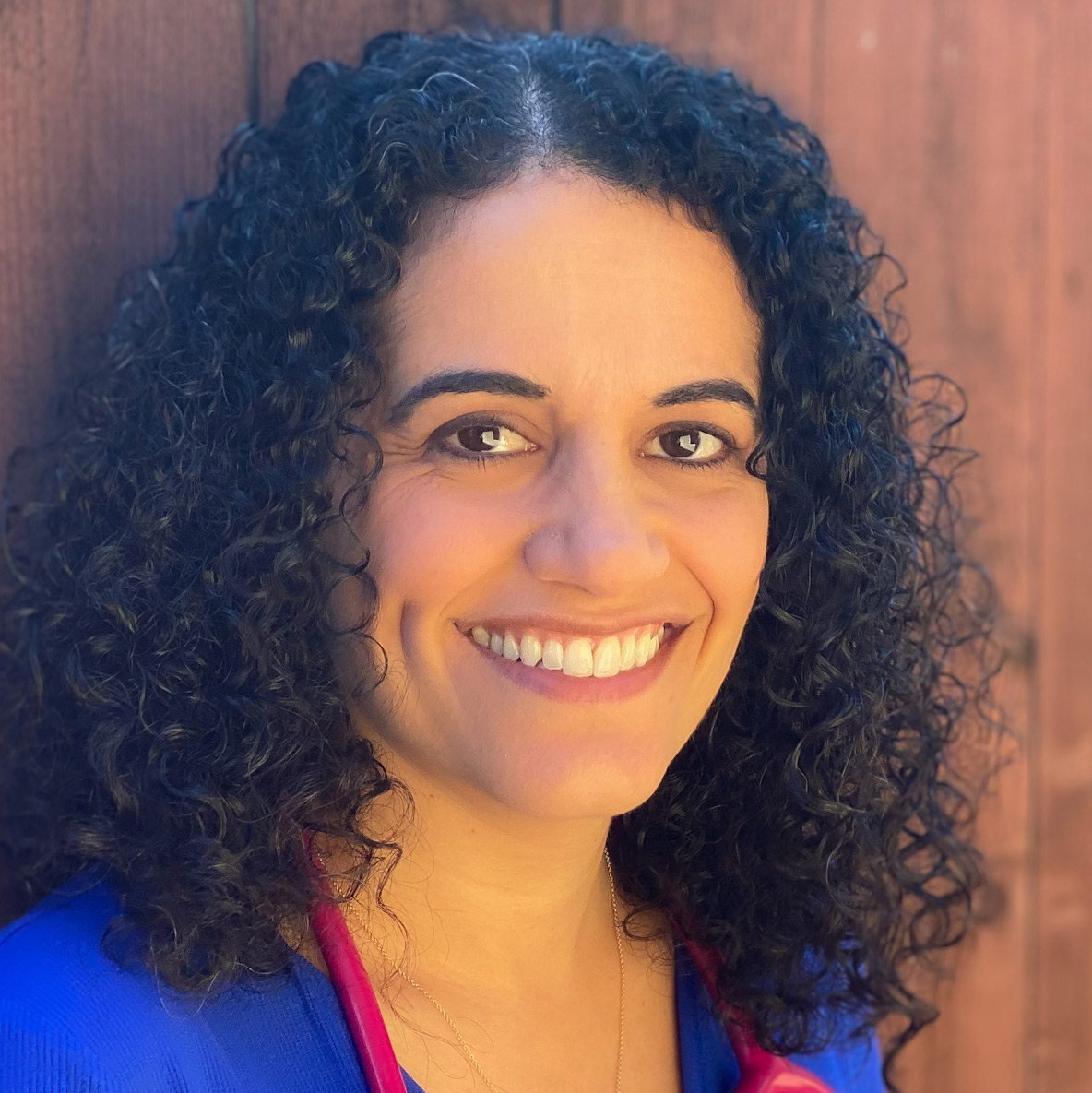
Health Debunked: Does Coffee Really Dehydrate You?
Key takeaways:
The caffeine in coffee has diuretic effects, meaning it causes your body to pass more urine. But these effects are too mild to cause dehydration, especially if you’re a regular coffee drinker.
There’s a lot of water in coffee, so it may even be hydrating for some people.
Most healthy adults can safely have up to 400 mg of caffeine a day without worrying about dehydration.
Many people think that coffee causes dehydration. But is this claim actually true? Here’s the short answer: probably not.
For most healthy adults, the mild diuretic effects of coffee aren’t enough to cause dehydration — especially since coffee contains a lot of water.
If you usually start your day with a cup of coffee, you’re even less likely to feel these effects. That’s because drinking coffee regularly decreases its diuretic effects.
Save over 40% on Qsymia with GoodRx
Discover the once daily Qsymia for weight management. Qsymia is for adults and children 12-17 in combination with a healthy diet and regular exercise.

What is dehydration?
Dehydration happens when your body doesn’t have enough fluid. And this can occur when you lose more fluids than you take in. As a result, your body doesn’t have enough water to work properly. Dehydration can be life-threatening — especially for babies, children, and older adults.
The reason dehydration can be so serious is because your body needs water to function. And, since your body has no way to store water, it needs fresh supplies every day.
Exactly how much water you need a day depends on different things, such as your weight, activity level, and health conditions. On average, women need about 2.7 L (91 oz) of total water each day and men need about 3.7 L (125 oz) daily, according to the Institute of Medicine of the National Academies. But some people may need to take in more water than others. This includes people who are very physically active or live in very hot climates.
“Total water” includes all of the water you get from fluids and foods. It’s estimated that about 20% to 30% of your daily water intake comes from food, while the rest comes from water and other beverages.
Staying hydrated: Find out how much water you really need to drink a day.
Knowing the limits: In moderation, coffee can have some great benefits. Learn how much caffeine is in a cup of coffee.
Understanding caffeine and headaches: Learn how to safely use caffeine to relieve a headache.
What are the symptoms of dehydration?
Symptoms of dehydration can be different for infants and young children and for adults. Common symptoms for both groups are dry mouth and feelings of tiredness or weakness.
Common symptoms of dehydration in adults include:
Feeling very thirsty
Urinating and/or sweating less than usual
Having dark-colored urine
Having dry skin
Feeling dizzy
For infants and young children, common symptoms include:
Crying without tears
Having no wet diapers for 6 or more hours
Having a high fever
Feeling irritable
Having sunken eyes
If steps aren’t taken to correct dehydration, a person will stop urinating, their kidneys will fail, and their body won’t be able to remove toxic waste products. This can be very serious.
Read more like this
Explore these related articles, suggested for readers like you.
Claim: Coffee dehydrates you
Coffee contains caffeine, which is a weak diuretic. A diuretic is something that causes your body to pass more urine, which means it also loses water. This is probably what led people to believe that drinking caffeinated drinks, like coffee, could make you dehydrated.
But your body builds up a tolerance to caffeine in just 1 to 4 days. So, if you drink coffee regularly, these diuretic effects aren’t as strong. Plus, coffee also contains a lot of water, which helps further balance things out.
Just because a belief is common, that doesn’t mean it’s true. Here’s what scientists and public health experts have to say about whether caffeine causes dehydration.
What does the science say?
According to a 2014 review of research, caffeine doesn’t cause dehydration in healthy adults — even when they’re exercising. Most of the studies included in this analysis used a “normal drinking pattern” of 300 mg of coffee or other caffeinated beverage.
There’s also evidence that, for regular coffee drinkers, coffee is as hydrating as water.
In a 2014 study of 50 men who regularly drank coffee, participants were divided into two trial groups that lasted 3 days: those who drank only water and those who also drank a specified amount of coffee. The study found that there were no significant changes, for either group, in participants’ total body water from the beginning to the end of the study.
A 2015 study looked at how different beverages affect hydration. It found that people urinate the same amount after drinking coffee, soda, tea, and water.
What do the experts say?
Experts agree that drinking coffee is fine for most healthy adults. Here’s what some expert organizations say:
American Academy of Family Physicians (AAFP): The AAFP says that “normal caffeine intake does not increase the risk of dehydration in athletes or nonathletes.”
National Health Service (NHS): The NHS says, “it’s fine to drink tea and coffee as part of a balanced diet.” The NHS does warn that caffeinated drinks can make the body produce urine more quickly, adding that these effects depend on how much caffeine you consume and whether you’re a regular coffee drinker.
National Institutes of Health (NIH): The NIH also says, “for most people, it is not harmful to consume up to 400 mg of caffeine a day.” The NIH warns that drinking more than 400 mg a day could put some people at risk for dehydration.
U.S. Dietary Guidelines for Americans: These guidelines cite the FDA’s assessment that up to 400 mg of caffeine per day is “an amount not generally associated with dangerous, negative effects.”
Should I avoid coffee if I am dehydrated?
Coffee probably won’t dehydrate you. But it also might not help if you’re already dehydrated.
If you’re dehydrated, and it’s not an emergency situation, the best beverage to consume is a rehydration drink (also called a sports drink or electrolyte solution). Rehydration drinks — essentially water with added sugar and minerals — help to replace the fluids your body has lost. You can also eat water-rich foods like watermelon, soup, and salad.
But remember: Dehydration can become a medical emergency. If you can’t keep down fluids, you may need to see a healthcare professional. Get care as soon as possible if you’re having trouble breathing, or are feeling confused or dizzy.
The bottom line
Coffee is a mild diuretic. But it probably won’t make you dehydrated — especially if you’re a regular coffee drinker and you limit yourself to less than 400 mg of caffeine per day. For most healthy adults, coffee is fine to enjoy regularly. And it can even contribute toward your total water intake for the day.
Why trust our experts?



References
Killer, S. C., et al. (2014). No evidence of dehydration with moderate daily coffee intake: A counterbalanced cross-over study in a free-living population. PLOS One.
Marx, B., et al. (2016). Mechanisms of caffeine-induced diuresis. Médecine/Sciences.
Maughan, R. J., et al. (2015). A randomized trial to assess the potential of different beverages to affect hydration status: Development of a beverage hydration index. The American Journal of Clinical Nutrition.
MedlinePlus. (2023). Dehydration.
MedlinePlus. (2021). Caffeine.
Muncie, H. L. (2007). The safety of caffeine consumption. American Family Physician.
MyHealth.Alberta.ca. (2021). Oral rehydration: Care instructions.
National Academies of Sciences, Engineering, and Medicine. (2004). Report sets dietary intake levels for water, salt, and potassium to maintain health and reduce chronic disease risk.
National Health Service. (2021). Water, drinks and hydration.
Platania, A., et al. (2018). Fluid intake and beverage consumption description and their association with dietary vitamins and antioxidant compounds in Italian adults from the Mediterranean healthy eating, aging and lifestyles (MEAL) study. Antioxidants.
Robertson, D., et al. (1981). Tolerance to the humoral and hemodynamic effects of caffeine in man. The Journal of Clinical Investigation.
U.S. Department of Agriculture. (2020). Dietary guidelines for Americans, 2020-2025.
Zhang, Y., et al. (2015). Caffeine and diuresis during rest and exercise: A meta-analysis. Journal of Science and Medicine in Sport.




























